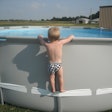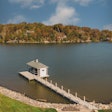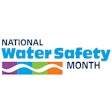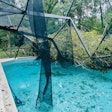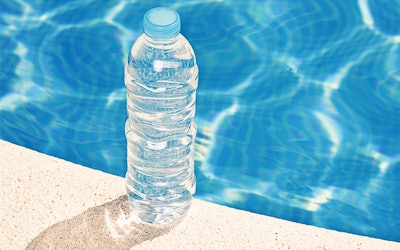
It's ironic and maybe even a little sad to think that during summer, when much of the rest of the world is indulging in fun in the sun, professionals in the pool and spa industry are working at breakneck speed and have little or no time to enjoy the experiences they work so hard to create for others.
The fact is, pool and spa construction and service, as well as lifeguarding, swim instruction and pool facility operation, are all jobs that require working the hardest when the days are hottest and longest. It's the time of year when sunburns, dehydration and sheer exhaustion become bona fide occupational hazards.
For years now, industry voices — including mine — have urged basic skin cancer prevention measures, i.e. wearing sunscreen, hats and having regular skin cancer screenings. Those admonishments are often couched with scary information about how one in five Americans are treated for skin cancer in their lives and how dramatically working outdoors increases the risks.
Prolonged dehydration can contribute to a wide array of medical complications, including fatigue, joint pain, weight gain, headaches, ulcers, high blood pressure and kidney disease. In addition, many of the beverages we drink can have negative effects on our health, including caffeinated and alcoholic beverages, which can often exacerbate the problem.
Exactly how much water we're supposed to drink daily is the subject of some debate among medical and health professionals. Some claim the familiar eight, 8-ounce glasses may be marginally excessive. According to the Mayo Clinic, on average adult men should drink daily 13 cups (three liters), while women should drink nine cups, or 2.7 liters. Those who work outside in the heat, and especially those who do moderate to strenuous exercise in warm weather, should consume even more.
Part of the problem with dehydration is that it can be tough to know when you're running low on fluids. Because many of us spend so much of our time dehydrated we become accustomed to the feelings of thirst, fatigue and hunger that are the most common indicators.
It's a simple yet important message: Feeling good and performing at our peak means drinking enough liquid. When you stop and think about it, that really shouldn't be too much of a reach for professionals whose business is providing access to water.
Comments or thoughts on this article? Please e-mail [email protected].































